
Like
it or not, Tony Scott is one of the few action directors with a
distinct style. While most just quick cut their coverage, Scott
designs moods. Sometimes it’s crazy DOMINO obscurity, others
it’s CRIMSON TIDE claustrophobia. DEJA
VU is not one of his avant-garde pieces. The time travel
story is told more like TOP GUN or TRUE ROMANCE. It’s a crazy idea
but the story unfolds like a classic suspense thriller. An ATF agent
is simply looking for a killer… through time.
Known
for his hyperactivity, Tony Scott is visibly disheveled sitting in
one place for an interview. He talks fast and slurred, British
accent melding words together. But he’s funny and friendly,
perfectly open for talking about craft.
Tony
Scott

Is
there a story behind Denzel Washington saying “Jesus” when
he’s looking at Jim Caviezel?
I’ve
got to tell you about that. Damn, you shot my story down. So, when
Denzel does that car flip and ends up facing JC, as we call him, he
went “Jesus.” And nobody spotted it until we had it in our
first cut, our first preview and there was this great roar from the
audience. I thought, “Oh, we f*cked up.” With a science fiction
movie, “Damn, we lost it.” And then everybody pointed out the
fact that he was Jesus in The Passion. But Denzel just said it
totally unknown, “Jesus… is dead ahead of me.”
He’s
a pretty serious actor?
JC,
or Denzel, both. Yeah. I
didn’t know what I was really looking for because it had, doing
terrorists and you always tend to go archetypal, always tend to get
too broad. So I always do a lot of homework. My homework is research
and I started to read all the McVeigh transcripts after he was
caught and BTK and these other guys and I honed in on McVeigh. I was
looking for an actor and I had someone else in the back of my mind,
another type of person in mind, and then JC came in and he sat with
me for 2 minutes and I said, “Oh, this guy is… You see JC is
Oerstadt, and Jesus.”
So
did you base the character on McVeigh?
No.
I mean, I do my homework and I gave it to him and we pulled and
pushed a little bit, and I found a guy in the bayou, actually we
were scouting locations and this guy was walking around with these
blue satin shorts. We drew upon his location, drew up on his boat
and he snuck off inside the house and came back out and he had a .45
stuck. But these satin shorts were just hanging down, the shorts
just kept dropping down and dropping down. This .45 was pulling it
down. He kept showing me the gun the whole time. And I go, “Hey,
how you doing?” He says, “How you doing? Get the f*ck out of
here.”
I
eventually ingratiated myself. I got back and had a DVD of him. It
turns out he breeds pit bulls for fighting, dogs that fight to kill
and he also brews crystal meth and gave his tape to JC. I gave it to
him for 20 minutes and unfortunately JC became that character. He
was still playing Timothy McVeigh but in terms of the accent, so it
took me a long time to talk him back off the ledge because dialects
especially,
New Orleans
dialects and accents are very difficult to do, and the general
public now they’re savvy. They see if an accent works or doesn’t
work. So I had to pull JC back which was one of the hardest things I
did in the movie because he gave so much time and blood in wanting
to do it that way but the danger is then the character was becoming
a caricature.
Was
it originally set in
New Orleans
?
No,
Long Island
. I didn’t feel Long Island, because I had a vision of the movie
and a town for the movie and I felt that the city should be a third
character in the movie, and I’d never been to
New Orleans
and I knew there was a ferry down there, did my homework. And so I
spent an hour or two saying I want to do the movie here because
it’s a city in a time warp, it’s very romantic, it’s very strange
and it felt a perfect backdrop.
You
were set to go in fall of last year, but then Katrina happened. Did
you have a fall back plan?
Immediately
after it happened, I said, “Listen, the city’s going to recover.
Let’s go back’ and I wanted to incorporate more post-Katrina
into the story, and we did or I did, and then that got sort of shot
down because it was detracting from the original story too much. But
we did incorporate Jim’s character into the Ninth Ward and, uh, but
it’s hard getting back there because people didn’t want to go back
there because of health insurance and all that stuff, but I had such
a vision and such a fix on this city as this backdrop for this
movie, so I didn’t want to let it go.
Were
you kind of shooting two movies at once because you had the
surveillance stuff going on at the same time?
Yes,
what was hard was that when we went into what I call the time lab or
the main lab, when we run into the main lab, I had to construct that
window so we shot what was 14 weeks. We shut down for two weeks
while I constructed, had all the actors sign off on the script
because they have to perform like a third actor. That window’s
like a third person in the room so I had to build that window and
they had to stay true to their words and perform with this actor.
That’s tough because people, depending on what side of the bed
they get out of, whether they’re hung over, depending if they’re
in a good mood or bad mood saying, “F*ck it, I want to change
things.” You couldn’t do it.
You’ve
worked with a lot of these people before, can you talk about working
with Denzel again?
I
think as he gets older, he gets better, like a good wine, and he
likes wine. And he’s committed so he never drinks the whole time
he’s actually shooting. He never had so much as a glass of wine.
He stops and he lost 40 pounds of weight to do this movie so that
shows you his level of commitment. There’s a certain gravity and
seriousness to Denzel and also tremendous likeability. He and I get
on because we’ve done three movies together, and he trusts me and I
trust him in terms of delivering the goods, and that trust comes out
of research, so we do a tremendous amount of research, always find
role models for his character.
We
found a guy called Jerry Rubin for this, Man on Fire, a guy called
Don Rosche. It’s easier for an actor because it’s very hard
talking to actors about how they should feel, how they should
deliver the lines. Denzel [met] many cops, many FBI agents. All of a
sudden, here he had this guy, and he was stunned when the guy walked
in the room. He was white, Irish Catholic, born five blocks away
from where Denzel was born in Brooklyn, and they hit it off like a
house on fire, and he was stunned that this was the guy he was going
to respond to. He was funny. Jerry Rubin, he was charming and funny
but a real agent. He was a star on the ATF.
You’re
doing an R-rated cut for the DVD. If you had your druthers which
version would you prefer?
Being
political? This one. Kingdom of Heaven, the long version was so much
better. I don’t like long movies, but the longer version was better.
Storywise, it’s hard to make sense of it. You’ve lost the
throughlines with the characters. Nobody does toga movies like my
brother. In the history
of movie making nobody touches him. Gladiator, nobody. Not even the
older greats, nobody touches my brother in terms of capturing that
atmosphere, that mood, that danger, that period.
Think
of the opening sequence of Gladiator, with those guys in the woods
with the Huns and stuff, it was fantastic. Look at Kingdom of
Heaven, they’re attacking Jerusalem. It’s amazing. Ridley’s a
master at doing that stuff. He loves doing it. It was so
disappointing for him and for me that the movie got cut down, but
it’s the nature of the business. You get one screening a night,
running at three hours as opposed to two.
Is
Jerry Bruckheimer a hands-on producer?
No,
Jerry’s great. He’s a brilliant producer because he gives input.
I’ll say, “What do you think of that?” He says, “Weeeellll.”
That’s all he’s going to do. He doesn’t say no, he says
“I’m not sure about…” And the fact that he says “not sure
about,” it works on your paranoia. You think he knows something
that I don’t know. So therefore you go and address it but other
producers say, “You’re not going to do that and you’re not
going to do this.” Jerry and I have done six movies together. Top
Gun he was there like this. That was my first movie. Now he lets me
do my own thing and if he’s unsure about something he says “I’m
unsure” and when he says “unsure,” I go “oh
shit.” I’ve got to address it.
But
if you need him?
Oh,
he’s always there.


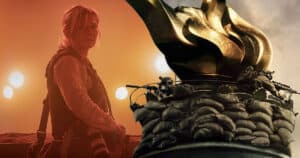

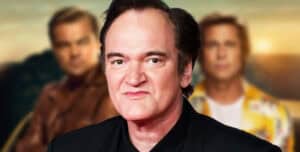
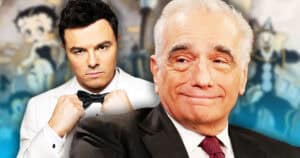

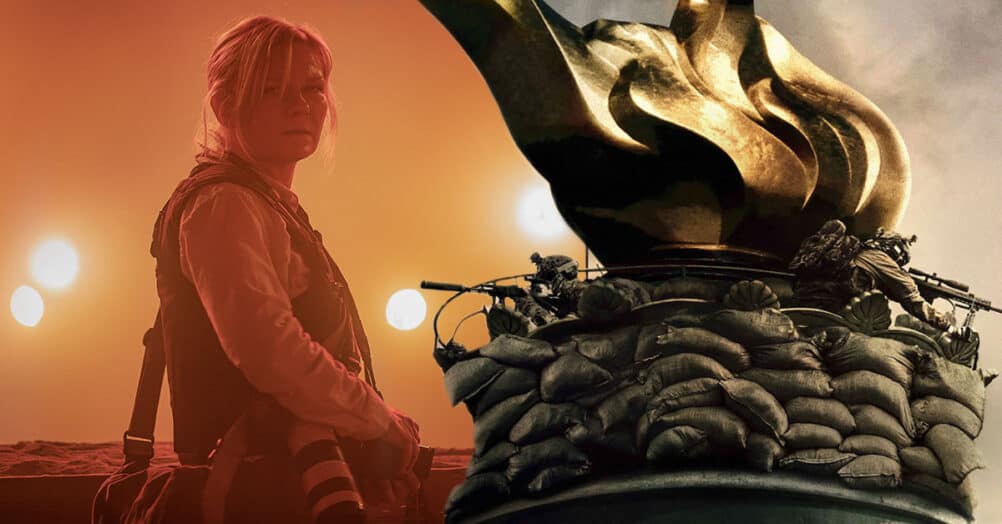
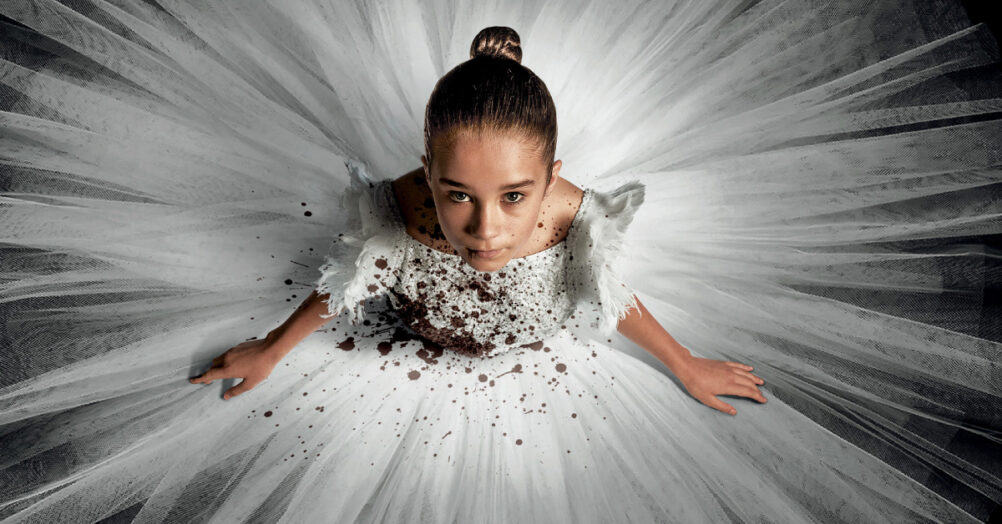
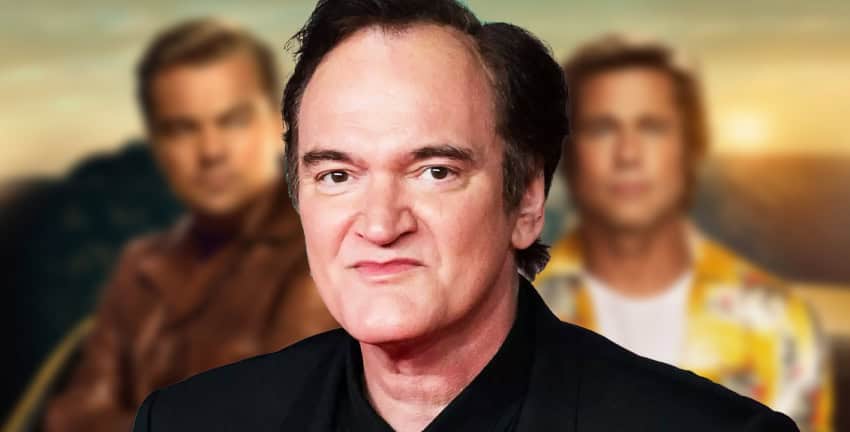
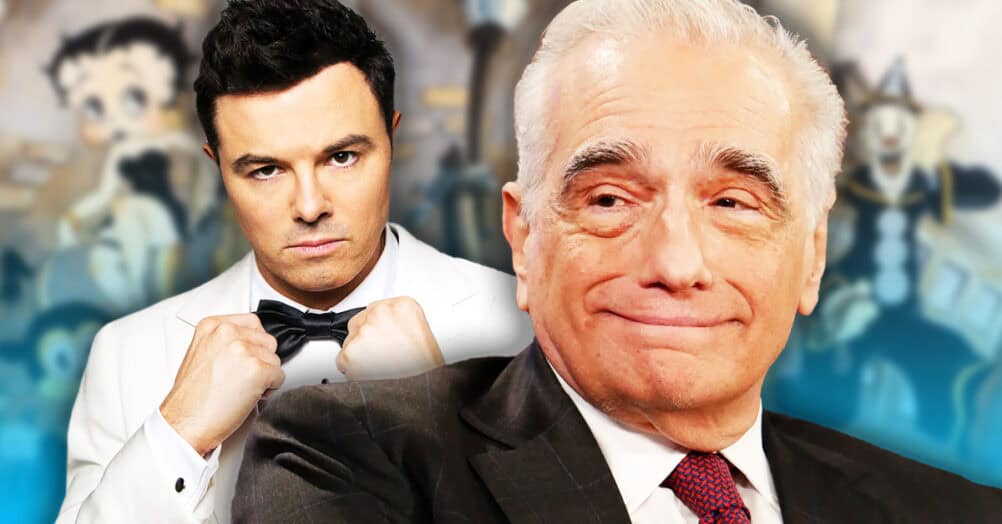
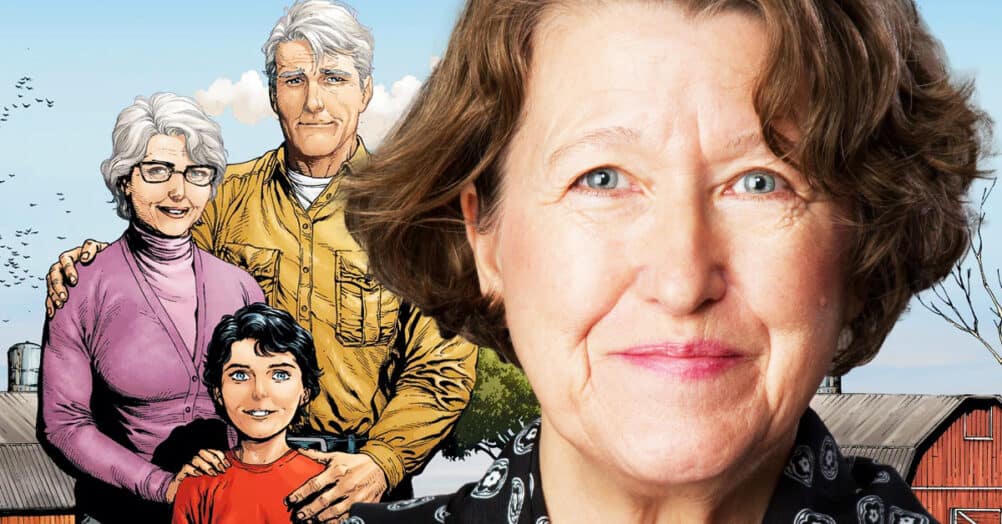
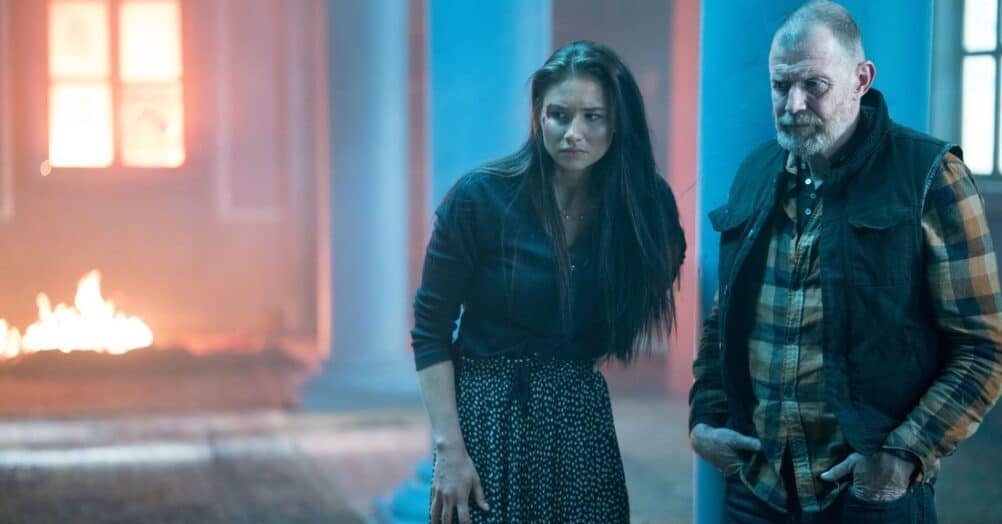
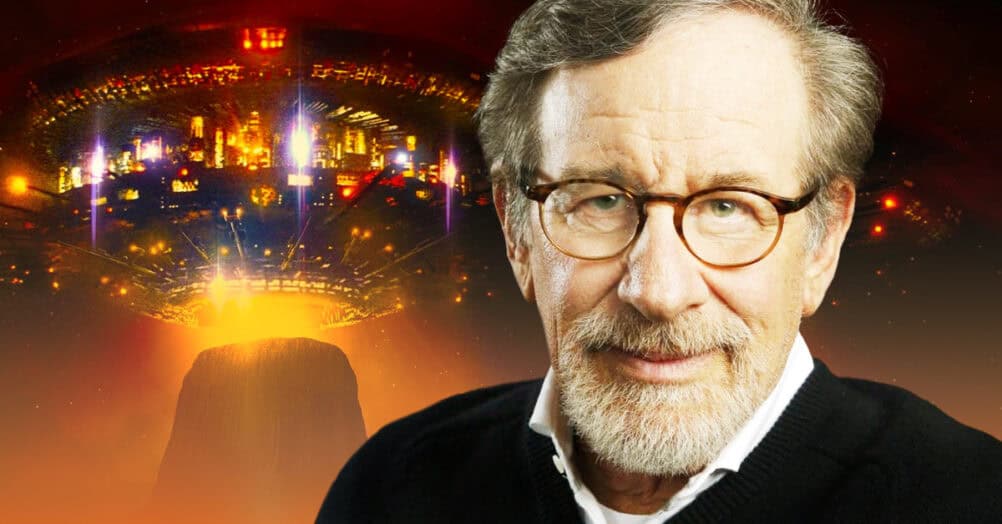
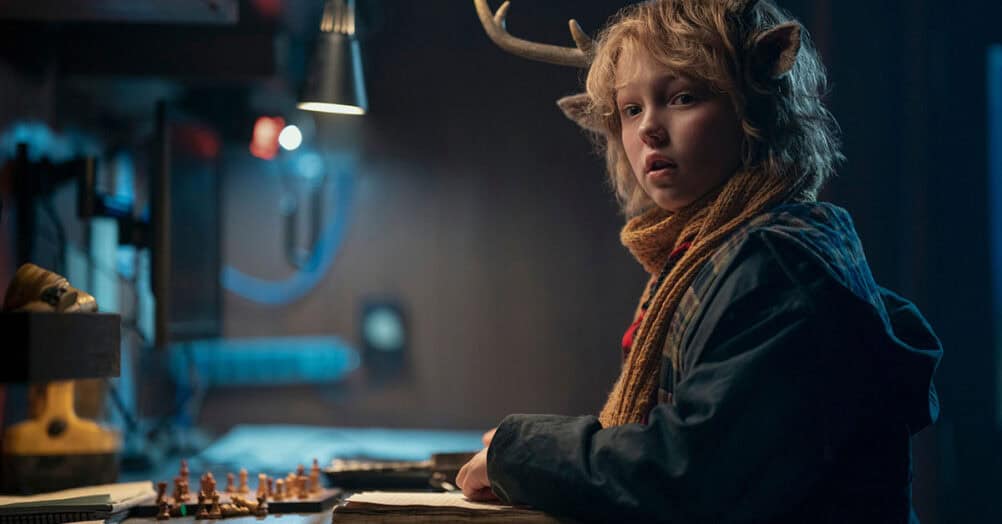
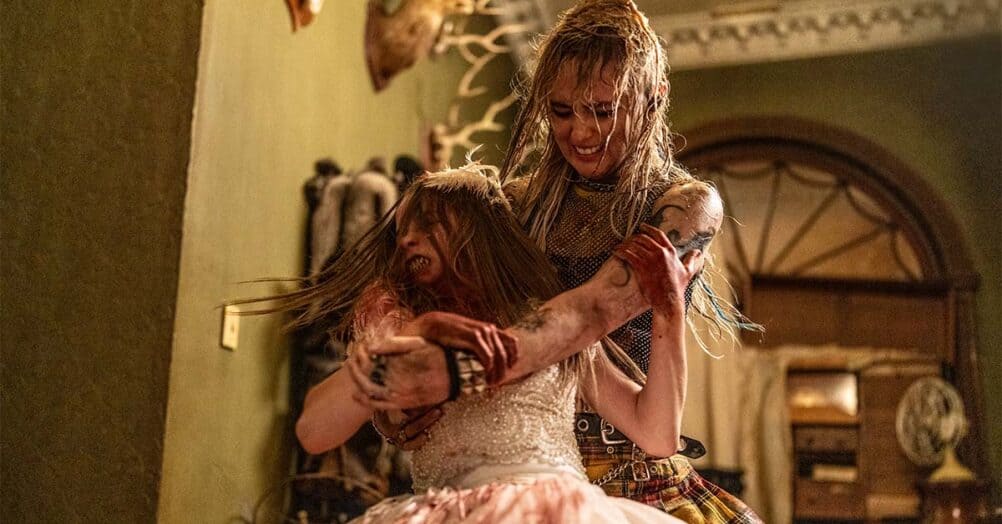
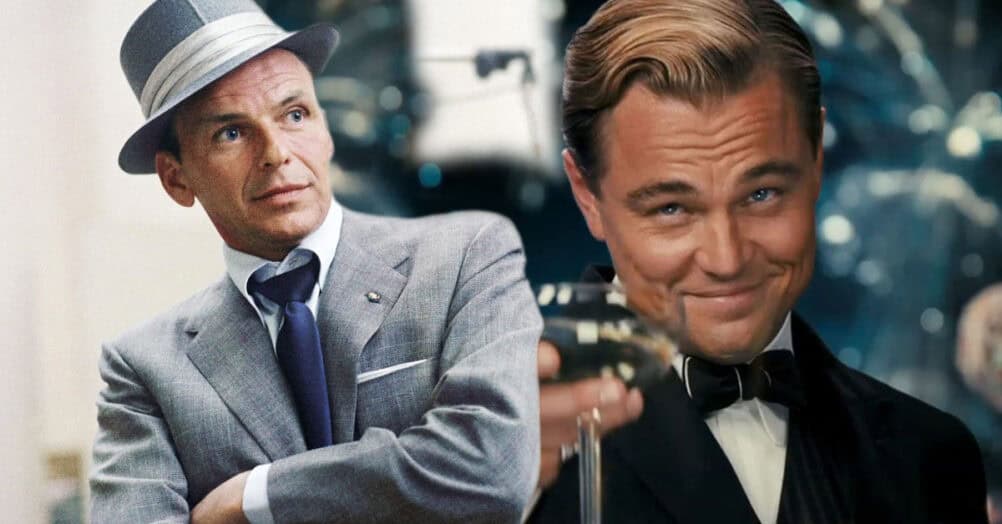
Follow the JOBLO MOVIE NETWORK
Follow us on YOUTUBE
Follow ARROW IN THE HEAD
Follow AITH on YOUTUBE